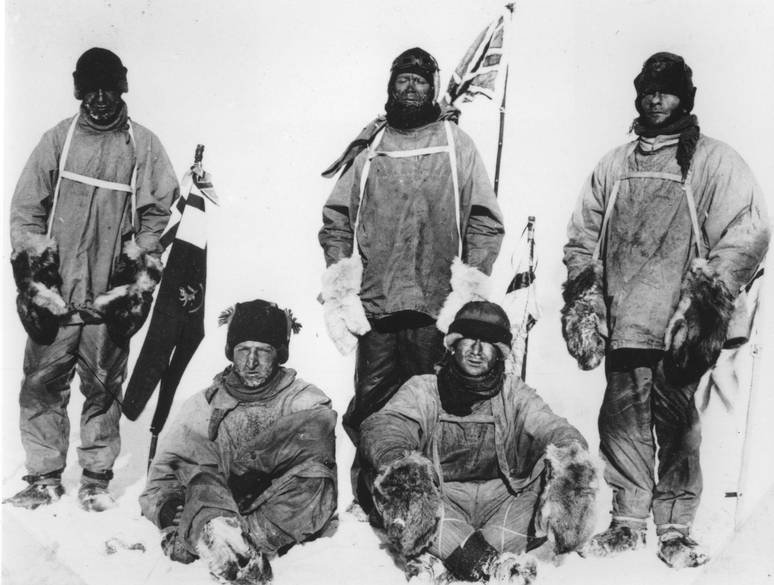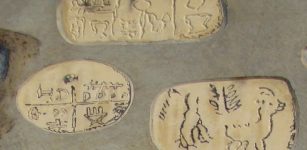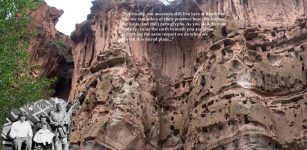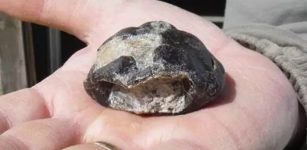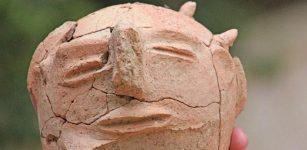On This Day In History: Antarctic Explorer Lawrence “Titus” Oates Born – On Mar 17, 1880
AncientPages.com - On March 17, 1880, Captain Lawrence "Titus" Oates, an English cavalry officer with the 6th Dragoons and later an Antarctic explorer, was born in London.
He died during the Terra Nova Expedition on the same day in 1912.
Antarctic explorers: standing, (L-R) Capt Lawrence (Titus) Oates, Capt Robert Falcon Scott, PO Edgar Evans and seated (L-R) Lt Henry (Birdie) Bowers, Dr Edward Adrian Wilson are seen at the South Pole in January 1912. Credit: Public Domain
"I am just going outside and maybe some time." With these words, Antarctic explorer Capt Lawrence Oates set out to meet his death 100 years ago, aged 31 and entered the history books.
Oates was a soldier and explorer who accompanied Scott on his ill-fated expedition to the South Pole. He was grievously wounded in the Boer War but made a remarkable recovery. He joined the dragoons, where he saw service in India, Egypt, and South Africa. Oates was born in London and educated at Eton.
In 1910, Oates volunteered to join Robert Scott's expedition to the Antarctic. Scott hoped to lead a British party, the first to reach the South Pole. Oates was selected to deal with the ponies because of his military experience with horses.
The expedition was arranged hurriedly as a rival Norwegian party was due to set off in a competition to reach the Pole first.
Scott and his companions set off from Hut Point and reached the Beardmore Glacier, which was to be their base camp.
Oates was included in the five-person party to go to the Pole.
From here, the group moved south towards the Pole, which they reached on January 17, 1912, only to find the Norwegian flag there, signifying that the Norwegian, Amundsen, had arrived ahead of them.
On the return journey, the group faced appalling weather conditions. Their progress was further hampered by Oates' war wound, aggravated by scurvy, which slowed the whole party.
On March 17, 1912, when the group was taking shelter from a blizzard, Oates, realizing he was a burden on the rest, walked out of the tent to his inevitable death. His famous last words were, "I am just going out. I might be some time."
Sadly Oates' heroic gesture was futile. The rest of the party perished before reaching base camp. The team's bodies and Scott's diaries, recalling all these events, were discovered later in 1912. A cairn was erected over their remains, marking their last resting place.
In the 1970s, the ocean swallowed this cairn, but we will remember them.
AncientPages.com

